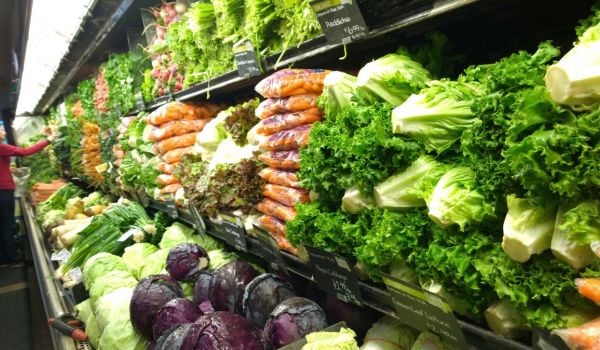On a dreary day in January 2021, Ederique Goudia, Raphael Wright and a group of other collaborators got together at Marygrove Conservancy on Detroit’s northwest side to talk about their latest project, Taste the Diaspora, for a film crew.
There was a lot of uncertainty in the world. Vaccines were still on the horizon. People still had that nervous look on their faces about whether hugging was acceptable or if it was OK not to wear a mask inside. Restaurants in Michigan were still largely limiting capacity. All the organizers knew was that in the midst of all of this uneasiness, they wanted to feed the community and provide an avenue to celebrate Black History Month, even if it was done remotely.
Goudia, Wright, and co-founder chef Jermond Booze partnered with a team of nearly 20 Black local chefs, farmers and food producers to create shoebox lunches — a nod to the grab-and-go meals prepared by traveling Black families during the Jim Crow-era — to highlight African Americans’ often overlooked contributions to the country’s culinary landscape while supporting Detroiters hardest hit by COVID-19. Each week in February, they featured chefs who touched on different aspects of the African diaspora, ranging from Creole, east African, Caribbean and Southern.
The shoebox lunches were an immediate hit. At $25 each, they sold out within three days and garnered national acclaim. The crew also gave away 100 boxes to residents who were experiencing food insecurity.
“One of the things that I love about Detroit is there’s this Southern hospitality here that you wouldn’t think that you would find,” said Goudia, a native of Wallace, Louisiana. “As much as we are very supportive of each other in our local businesses community and what we do, it was still shocking that others were so supportive, and not just of purchasing shoebox lunches, but they were willing to share.”
Organizers realized they were developing a vehicle that not only uplifted diaspora food traditions, but also sustainably fostered economic and cultural sovereignty in communities that are disproportionately impacted by crises.
One of the group’s major takeaways was its potential as a mutual aid provider. Last summer, as Hurricane Ida ravaged the coastlines of the Gulf of Mexico, including in Goudia’s hometown, the Taste the Diaspora crew mobilized to join in on relief efforts. The Detroit contingency organized a series of popup dining events, raising $8,500. The money went to purchase turkeys and gift cards for families in need during the Thanksgiving season.
Goudia says she and other organizers didn’t even really have to ask if they would participate; she just explained what they were doing and other local business owners not only stepped up to support their efforts, they came up with other ideas to get involved. Such was the case for Stephen Roginson, owner of Batch Brewing, which during the pandemic set up a giant tent outside of its space in the city’s Corktown neighborhood to host other chefs in need of a means of working. For the Hurricane Ida relief efforts, he volunteered to host a whole pig roast, says Goudia.
For February 2022, Taste the Diaspora’s shoebox lunch project has Black health and wellness (the theme that the Association for the Study of African American Life and History has identified for this year’s Black History Month’s focus) at the forefront of the group’s agenda. Tickets are on sale at the Taste the Diaspora website.
Participating businesses include the city’s celebrated Burundi restaurant Baobab Fare, Fried Chicken & Caviar popup, Flavors of Jamaica, Experience Relish, Mag Creates, Meal Prep by Alisha K, Chef Jermond Booze, Chef Buddah (Vegan Gumbo Guy), and Chef Amber Beckem.
This year, organizers have found other ways for the community to get involved. A citywide scavenger hunt aimed at sending participants to 35 participating Black-owned businesses, in partnership with the City Institute, will launch on Feb. 11. On Feb. 17, Goudia will be joined by Hamissi Mamba, co-owner of Baobab Fare, Kwaku Osei-Bonsu (co-founder of East Eats Detroit and Detroit Black Restaurant Week) and Jo Banner of The Descendants Project based in Wallace, Louisiana, for a virtual panel discussion about food, land, history healing and repair hosted by the Urban Consulate.
Osei-Bonsu co-founded East Eats, an outdoor eatery featuring a roster of local Black chefs, as a way to navigate the uncertainty of indoor dining restrictions. And Baobab Fare — which opened after a years-long struggle to raise capital — is opening up its kitchens to up-and-coming chefs who do not yet have their own brick and mortar spaces looking to do popup dining events as part of their business models.
Goudia will also helm the kitchen for a dining event Feb. 3 and 4 at the popup venue Frame in suburban Hazel Park showcasing a Cajun-Creole menu. Assisting with prep will be students from Detroit Food Academy, which trains local youth to work in a restaurant setting. The menu will also feature ingredients from Planted Detroit, a vertical, hydroponic farm on the city’s east side.
Going forward, Goudia says she and a growing number of her peers are looking at the types of conditions that restaurant workers have historically faced and imagining new ways to break that cycle.
The way that she and other Taste the Diaspora organizers have come together is just one example of that.
“We really are looking at kind of a crossroads and we’re trying to figure out, is this how I want to see the rest of my life?” says Goudia. “Is this what I want to do and how can I continue to do what I do, but in a way that’s a lot healthier for me and my family?”
This article was made possible through a collaborative storytelling effort with Tostada Magazine, a Detroit-based independent digital media organization that was founded on the premise that food journalism has the power to unify communities & preserve culture.

Serena Maria Daniels is an award-winning Chicana journalist and founder and editor of Tostada Magazine, a Detroit-based digital food & culture journalism platform that centers stories and perspectives of immigrants and people of color.
Follow Serena .(JavaScript must be enabled to view this email address)

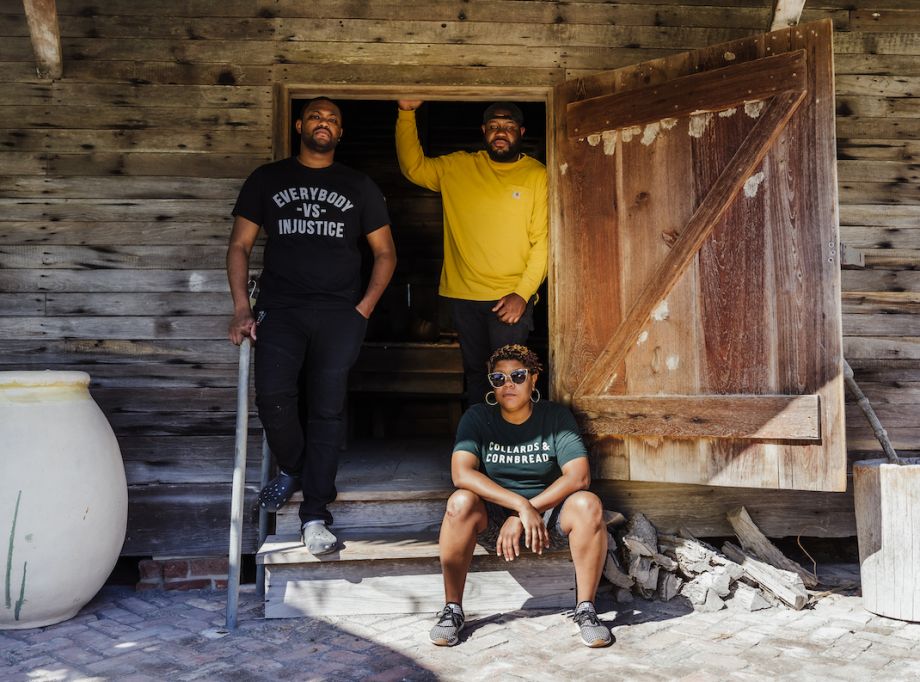
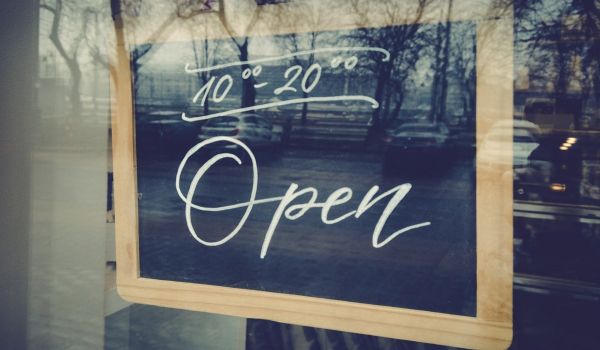

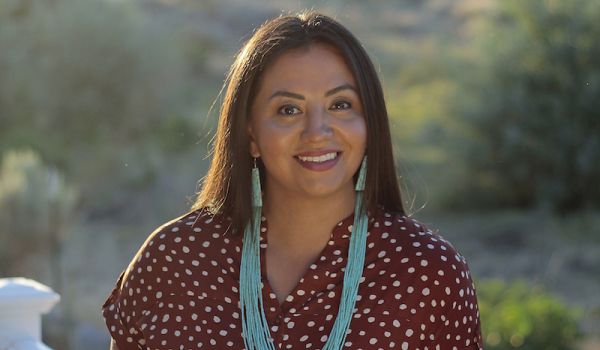
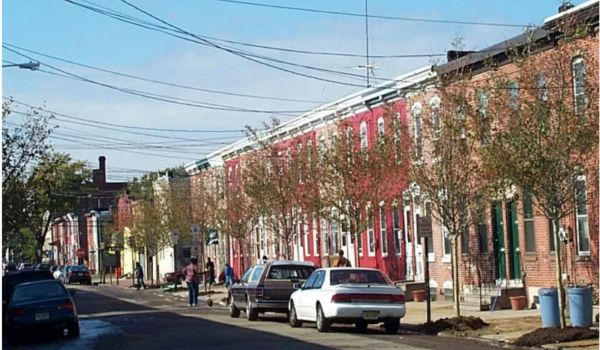
_600_350_80_s_c1.jpg)

